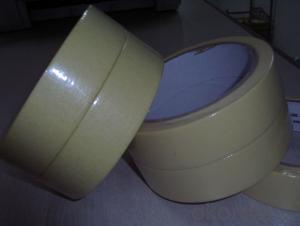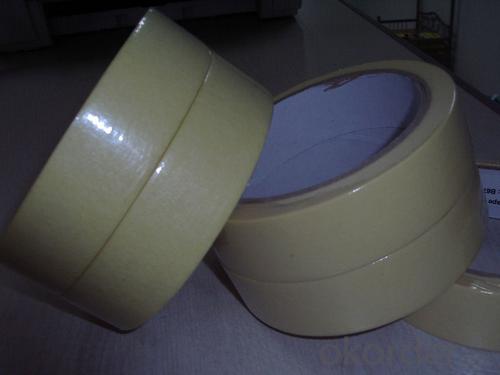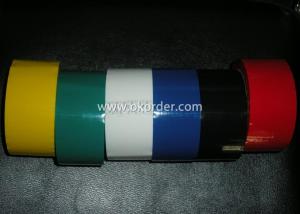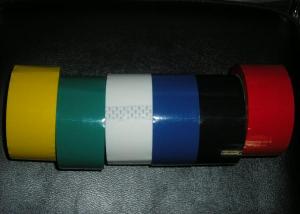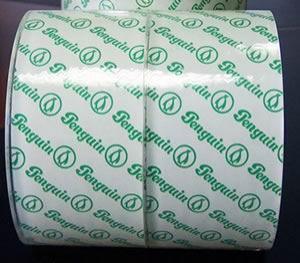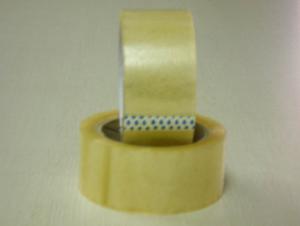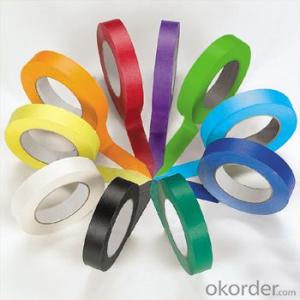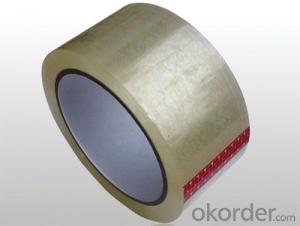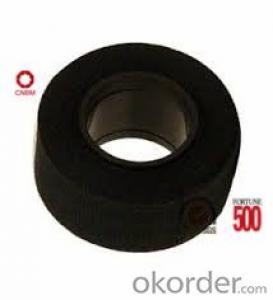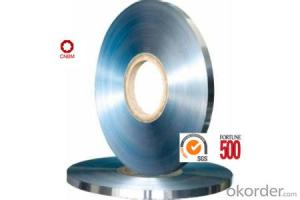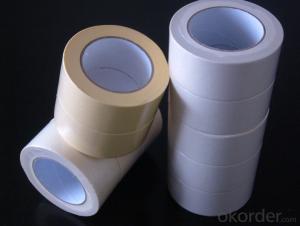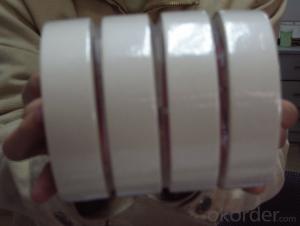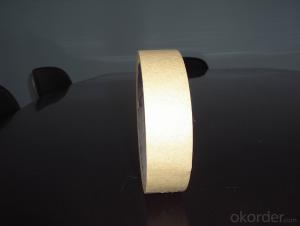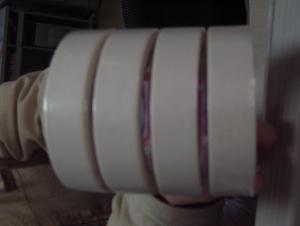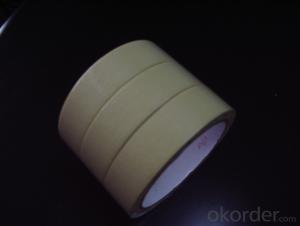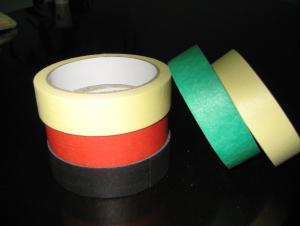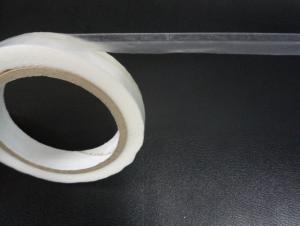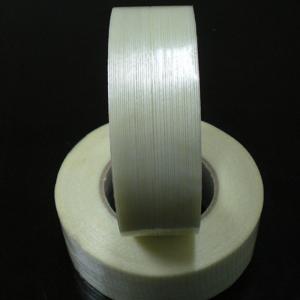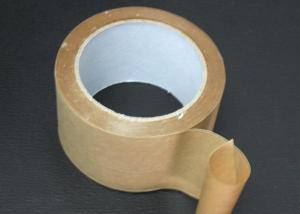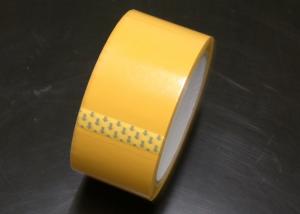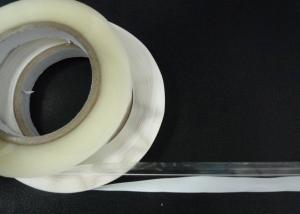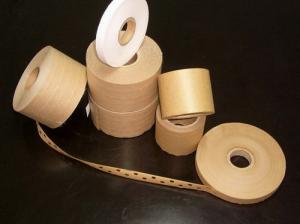Custom Packaging Tape Philippines - Precision Sensitive Decorative Masking Tape MY-46
- Loading Port:
- China Main Port
- Payment Terms:
- TT OR LC
- Min Order Qty:
- -
- Supply Capability:
- -
OKorder Service Pledge
OKorder Financial Service
You Might Also Like
product description:
Quick details:
Material: Crepe Paper
Use: Decoration , Car Painting
Adhesive Side: Single Sided
Adhesive: Rubber
Place of Origin: China (Mainland)
color: natural, white, yellow, black, green, red, black, blue, etc.
Specifications:
Item No. Carrier Adhesive Total
ThicknessInitial
TackHolding
PowerTensile
StrengthElongation Temperature
resistanceUV
resistanceMY580 crepe paper rubber 160 micron 10# 2h 16N/cm <12% 60DC -- MY690 crepe paper rubber 150 micron 8# 3h 16N/cm <12% 60DC -- MY6929 crepe paper rubber 150 micron 10# 3h 16N/cm <10% 80DC -- M110 crepe paper rubber 160 micron 8# 3h 26N/cm <10% 110DC -- M130 crepe paper rubber 160 micron 13# 4h 26N/cm <10% 130DC -- M07 crepe paper rubber 130 micron 9# 3h 26N/cm < 20% 60DC -- M08 crepe paper rubber 130 micron 10# 5h 26N/cm <16% 70DC -- M09 crepe paper rubber 145 micron 12# 10h 24N/cm <20% 80DC -- M20F crepe paper water based
acrylic140 micron 10# 10h 26N/cm <20% 90DC 7 days Application:
MY580, MY690, MY6929, M07, M08 are mainly used for room temperature application such as interior painting masking, silk screening, light duty packaging, bunding, holding, splicing & tabbing, and other non-critical applications where a pressure-sensitive tape is needed. MY110, MY130, M09 are mainly used for high temperature application such as car painting etc. M20F is for UV resistant application....
Packing:Paper Core ID: 76mm
Jumbo size: 0.99m x 1800m, 1.22m x 1800m, 1.51m x 1800m
Cut roll size: As per customer's requirementCut rolls: Shrink package, placed in cartons, with or without pallet
Jumbo rolls & log rolls: Packed with kraft paper and stretch wrap film, with or without pallet
Cut rolls: Shrink package, placed in cartons, with or without pallet
Jumbo rolls & log rolls: Packed with kraft paper and stretch wrap film, with or without palletCompany Advantages:
1. Stable financial status and sound reputation as a state invested corporation under the direct administration of the State Council of PRC;
2. CNBM’s world wide influence as one of the 500 global fortunes specializing in building materials including adhesive tapes;
3. More than a decade’s exporting experience and technology in adhesive tape industry;
4. Preferencial shipping channels, with a separate team dealing with shipping.
- Q: Can packaging tape be used for labeling?
- Packaging tape has the potential to serve as a labeling tool. Typically utilized for sealing packages and boxes, packaging tape can also offer a convenient means of labeling. Through writing directly on the tape or attaching a paper label, one can easily identify package contents or designate specific purposes. It is crucial to recognize, however, that using packaging tape for labeling purposes may not possess the same durability or longevity as dedicated label materials. Moreover, the adhesive on packaging tape may be less potent compared to specialized labels, potentially resulting in labels detaching or fading over time. Consequently, while packaging tape can be employed for labeling under certain circumstances, it may be more appropriate for short-term or temporary labeling requirements.
- Q: Has anyone done a tape cut? What about profit?
- I do not know where you belong, but the overall profit is not high, if it is sold to dealers, profits are generally 2.5 to 3 cents a square or so (not deducted from the cost)
- Q: What's the problem of sealing the tape off?
- Also on the production process of the knife edge, workers do not pay attention to knives, slitting, occasionally also have knife edge, is not common. Also, the tape is too thin, no strength reasons. And then there's the quality problem. The tape is two...................
- Q: Can packaging tape be used for mailing packages?
- Yes, packaging tape can be used for mailing packages. It is commonly used to secure and seal packages, ensuring that they remain intact during transit.
- Q: Is packaging tape flammable?
- Packaging tape, in general, does not easily catch fire. The majority of packaging tapes are composed of materials such as polypropylene or polyester, which possess elevated melting points and are highly flame-resistant. Nevertheless, it is crucial to acknowledge that the adhesive utilized on the tape can differ depending on the specific brand and type. Certain adhesive compositions may contain elements that are flammable; however, these elements are typically found in minuscule quantities and are improbable to pose a significant risk of causing a fire. Nevertheless, it is always advisable to adhere to the manufacturer's instructions and maintain a safe distance between packaging tapes and open flames or potential ignition sources to ensure one's safety.
- Q: What are the benefits of using colored packaging tape?
- There are several benefits of using colored packaging tape. Firstly, colored packaging tape allows for easy identification and organization of different items or packages. By using different colors for specific products or categories, it becomes much simpler to quickly locate and retrieve the desired items. This can be especially helpful in warehouses or storage facilities with a large volume of goods. Secondly, colored packaging tape can act as a visual indicator or warning. It can be used to highlight fragile or delicate items, ensuring that they are handled with care during shipping or transport. This can help prevent damage and reduce the risk of mishandling. Additionally, colored packaging tape can be used for branding purposes. By using tape in company colors or with a custom design, businesses can enhance their brand visibility and recognition. This can make their packages stand out amongst others and leave a lasting impression on customers. Furthermore, colored packaging tape can also serve as a security measure. Some tapes are tamper-evident, meaning that it leaves a visible mark or shows signs of tampering if someone tries to open the package. This can help protect the contents of the package and provide reassurance to both senders and recipients. Lastly, colored packaging tape can simply add a touch of aesthetics to the packaging. With a wide range of colors and designs available, businesses can choose tape that complements their branding or adds a pop of color to their packaging, making it more visually appealing. In summary, the benefits of using colored packaging tape include easy identification and organization, visual indicators for fragile items, branding opportunities, security measures, and aesthetic enhancements.
- Q: Can packaging tape be used on different materials?
- Yes, packaging tape can be used on different materials. Packaging tape is versatile and can adhere to a wide range of surfaces, including cardboard, plastic, metal, glass, and even fabric. It is designed to provide a strong and secure seal, ensuring that packages remain intact during transportation and storage. Whether you are sealing a cardboard box, bundling items together, or securing a package, packaging tape is an effective choice for various materials.
- Q: What are the common sizes of packaging tape?
- The common sizes of packaging tape typically range from 1.88 inches to 3 inches in width, while the length can vary depending on the brand and type of tape.
- Q: The tape is left on the door. The glue has dried for a long time. What chemicals can be used to remove it without damaging the paint?
- Five methods of removing viscose tape residue1, first water, and then use a small blade scraping.2, alcohol division. With a soft cloth dipped in enough 95% alcohol, and then gently wipe the self-adhesive place, sticky tape will easily become soft off, and alcohol will not generally damage the plastic parts or painted surface. But sometimes find some alcohol on the sticker is not very effective, this is use a soft cloth dipped in a little gasoline graze attention stickers, because of a plastic or gasoline paint has dissolved, so be careful to use either first in an important place of light clean look, if there is no problem use; but must be careful not to use too much fuel, at the same time should be short! I tried to wipe with gasoline, a short time on the surface of the body, not what obvious influence on the coating surface of the body. In this way, the tape will be easily removed.
- Q: What are the benefits of using tamper-evident packaging tape?
- Tamper-evident packaging tape offers several benefits for businesses and individuals alike. Firstly, it provides an additional layer of security by clearly indicating if a package has been tampered with. This helps to prevent theft, unauthorized access, or tampering of valuable or sensitive items during transit or storage. Furthermore, tamper-evident packaging tape enhances the trust and credibility of a business. By using such tape, companies can assure their customers that their products have not been tampered with and are delivered in their original state. This is particularly important for industries such as pharmaceuticals, food, and electronics, where ensuring product safety and integrity is crucial. Moreover, tamper-evident packaging tape also serves as a deterrent for potential tampering. The clear and visible markings on the tape act as a warning to would-be thieves or unauthorized individuals, discouraging them from attempting to tamper with packages. Another advantage is the ease of use and convenience that tamper-evident packaging tape offers. It can be applied quickly and easily to packages of various sizes and shapes, providing a reliable sealing solution that is resistant to tampering attempts. Additionally, the tape is usually designed to leave behind clear evidence of tampering, making it easy to detect if a package has been compromised. Lastly, using tamper-evident packaging tape can help businesses comply with regulatory requirements. Many industries have specific guidelines and regulations in place regarding product safety and security. By utilizing tamper-evident tape, companies can demonstrate their commitment to meeting these standards and ensure the integrity of their products throughout the supply chain. Overall, the benefits of using tamper-evident packaging tape include enhanced security, increased trust, deterrence of tampering, ease of use, and regulatory compliance. By investing in this simple yet effective sealing solution, businesses and individuals can protect their packages, ensure product integrity, and provide peace of mind to customers.
Send your message to us
Custom Packaging Tape Philippines - Precision Sensitive Decorative Masking Tape MY-46
- Loading Port:
- China Main Port
- Payment Terms:
- TT OR LC
- Min Order Qty:
- -
- Supply Capability:
- -
OKorder Service Pledge
OKorder Financial Service
Similar products
Hot products
Hot Searches
Related keywords
